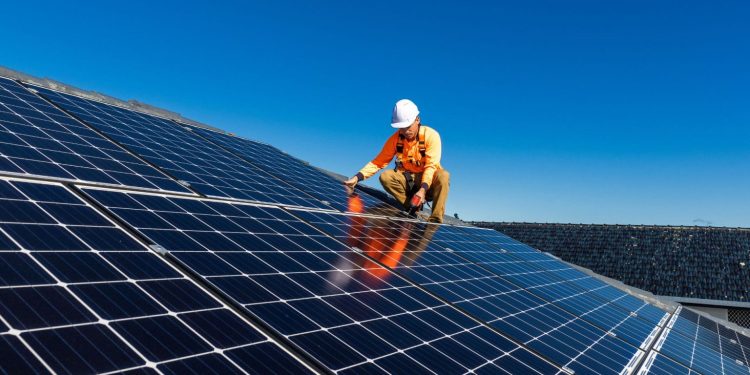At the 9th anniversary of the Nextier Power Dialogue, experts and regulators urged bold reforms to integrate renewable energy into Nigeria’s national grid, warning that without swift action, the country risks falling behind in the global energy transition.
Held under the theme “Pre-empting Resilience for Accelerated Renewable Energy Scaling,” the session—hosted by The Electricity Hub and sponsored by the African Climate Foundation (ACF)—brought together key figures from the public and private sectors.
Busayo Omofe, consultant at Nextier, presented findings highlighting Nigeria’s fragile grid and the need for urgent investment in infrastructure and skills to enable widespread renewable adoption.
Dr. Yusuf Ali, NERC Commissioner, stressed that large-scale renewable integration depends on both grid quality and commercial demand. He called for rapid deployment of SCADA systems and noted that projects like the World Bank-backed Delta Project aim to modernize grid control by 2026.
On the economic front, Engr. Emmanuel Ogwuche of AEDC argued that renewables remain more costly than traditional sources and urged the government to create renewable energy zones, offer subsidies, and promote financing models such as public-private partnerships and Independent Power Producers (IPPs).
Engr. Moses Ezirim of JA Solar emphasized the need for battery storage, smart meters, and policy clarity to stabilize the grid and attract private investment. He urged states to eliminate red tape and support small-scale energy producers.
Olayemi Arowolo, Policy Manager at Nextier, concluded that real-time monitoring and data-driven planning are non-negotiable for renewable success, adding that collaboration between government and industry is essential.
The event underscored a clear message: Nigeria’s path to energy security and sustainability lies in modernizing its grid, reforming regulations, and investing in clean technologies
The panelists agreed that the country must adopt a deliberate strategy for renewable integration—one that balances technical realities with economic constraints.
Key recommendations included: Full implementation of SCADA systems for real-time grid control; Creation of renewable energy zones with financial incentives; Cost-reflective tariff structures and streamlined regulations; Deployment of energy storage systems to manage VRE intermittency; Strengthened collaboration across federal, state, and private actors
The dialogue closed with a consensus that Nigeria’s energy future depends on bold, coordinated action. With the right investments, policies, and technologies in place, Nigeria has the potential to lead Africa’s clean energy transition.









